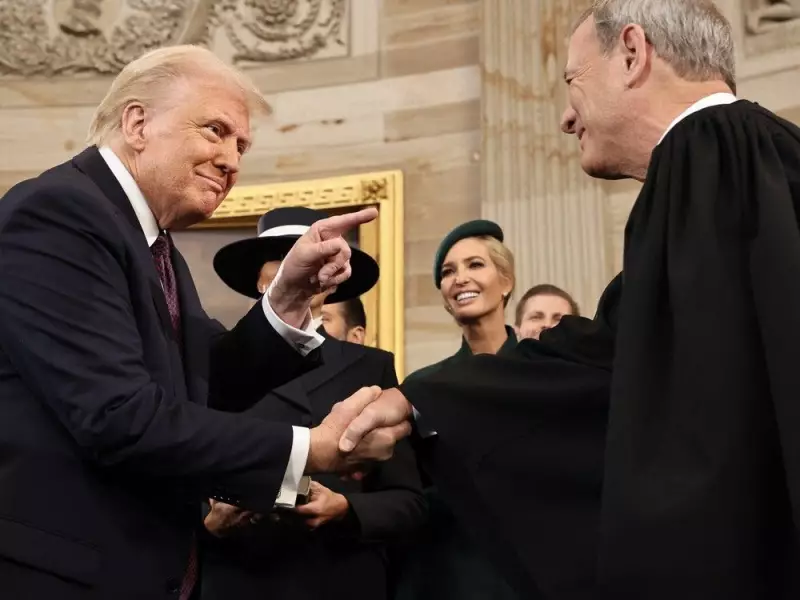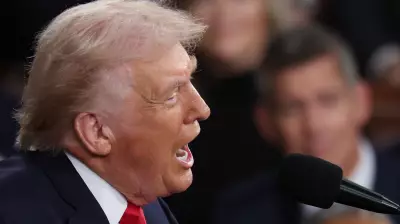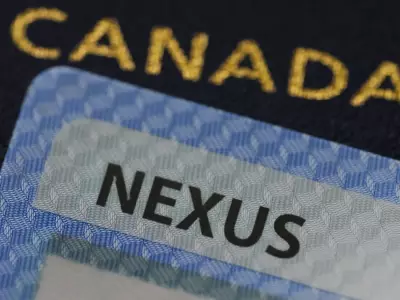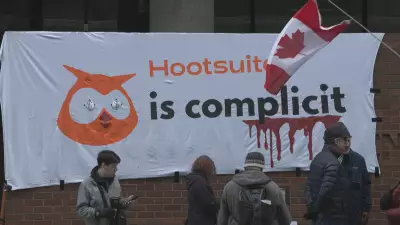
A Constitutional Reckoning on Trade
The United States Supreme Court heard pivotal arguments last Wednesday regarding former President Donald Trump's emergency tariffs imposed on Canada and other allied nations. What transpired during the session was far more significant than a routine trade dispute, as justices from across the ideological spectrum expressed profound skepticism about the extent of presidential power.
The Legal Battle Over Emergency Powers
At the heart of the controversy lies the International Emergency Economic Powers Act (IEEPA), a 1977 statute originally designed to authorize sanctions against hostile nations like Iran and North Korea. The legal community never anticipated this legislation would be weaponized against America's closest neighbor and trading partner.
Trump's legal team presented what many constitutional scholars consider an audacious argument, claiming that IEEPA permits the president to impose tariffs under the authority to regulate importation. As Barry Appleton, a U.S. law professor who teaches American law, explains this interpretation effectively transforms the word regulate into tax. If this argument prevails, the executive branch could bypass Congress entirely to fill government coffers, requiring nothing more than a pen and a proclamation.
Supreme Court Pushes Back
The judicial response was notably unified in its skepticism. Chief Justice John Roberts directly challenged the Solicitor General with a piercing hypothetical: if the president can impose tariffs under IEEPA, could he similarly decree an income tax? The government's representative offered an evasive response.
Justice Sonia Sotomayor cut directly to the constitutional core, stating firmly: It is not an Article II power—it is a congressional power to tax. Justice Elena Kagan reminded the courtroom that when Congress revised IEEPA in 1977, it deliberately removed all language pertaining to revenue generation.
Justice Ketanji Brown Jackson warned that the government's interpretation would invert the statute's original purpose—constraining emergency powers rather than expanding them. Even Justice Neil Gorsuch, typically sympathetic to executive authority, described the theory as a remarkable claim of boundless power that would enable presidents to do pretty much whatever he wants in the name of foreign affairs.
Broader Implications for Democracy
The case exposes a troubling trend that has developed over decades: the gradual, almost imperceptible surrender of congressional fiscal authority to the executive branch. Presidents now wield economic powers once reserved exclusively for wartime scenarios, declaring emergencies that never seem to end.
This constitutional reckoning raises fundamental questions about taxation without representation—the very issue that sparked America's founding. The framers deliberately vested taxing power in Congress for a reason: to prevent exactly this type of executive overreach. The Supreme Court's decision could potentially rewrite the balance of American power and reshape Canada's trade reality for generations to come.






